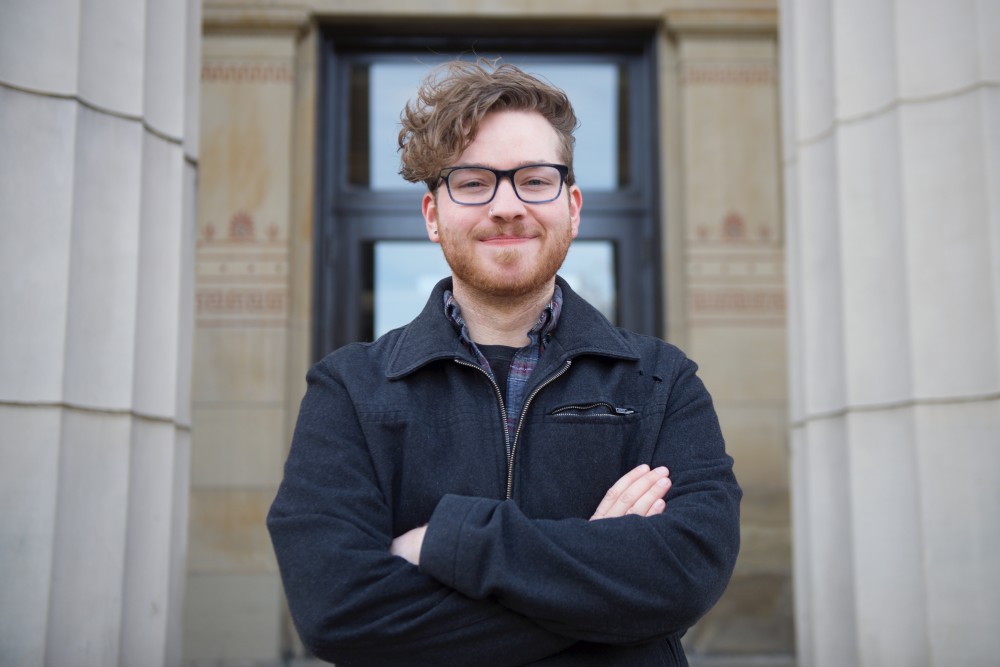The proportion of first-generation undergraduate students at the University of Minnesota has decreased by more than 5 percent since 2010, according to enrollment data.
First-generation students and a University professor who studies them say the students face distinct challenges on campus while also contributing important skills and mindsets to the community. Some want the University to contribute resources to supporting this group of students in the future.
In 2010, 31.5 percent of University undergraduates were first-generation students, meaning their parents didn’t attend college, according to data from the Office of Institutional Research. The number fell to 26.4 percent in fall 2017.
Rashne Jehangir, a University professor who studies first-generation college students, said this substantial decline is not in line with national trends.
“I don’t think it’s going on all over the country,” Jehangir said. “I think actually across the board first-[generation] students admissions are increasing.”
The decline could be attributed to how communities with large numbers of first-generation students perceive the University or to recruiting and admissions practices that emphasize measurements like test scores, Jehangir said.
“Overall, we seem to be doing better on access nationwide, but not on retention and persistence,” she said.
Troy Wildenberg, a first-generation student majoring in youth studies and leadership, said certain issues can be difficult for first-generation students because they don’t have a support system back home that understands how the college structure works.
For example, during his freshman year, Wildenberg said he accidentally forgot to send some information to OneStop Student Services and ended up owing the University money.
“It’s like you’re navigating an ocean that no one else has the map to in your family,” he said.
Plus, first-generation students often hold other intersecting identities that impact their experiences, Jehangir said. For example, they may be people of color or immigrants, or come from low-income households.
“Me being a white male… it’s probably been very different from other students on campus, so I always want to hold space for that,” Wildenberg said.
Hemant Persaud, a first-generation student majoring in French studies, said navigating University life without family help can be hard, but he’s become more independent and capable as a result.
“If I mess up, I know it’s on me and I’m able to learn and fix that. And if something works out then I know it’s something I did,” Persaud said.
However, Jehangir said she thinks first-generation students are too often defined by demographics and the issues they face — like lower graduation rates — instead of being recognized for their strengths.
“It doesn’t serve them well, nor does it serve us as a campus well, to think from a deficit perspective about a group of students,” Jehangir said. “There is… a whole lot of capital that first-[generation] students bring in the many roles that they’ve had in life. They actually have a lot that they are quite well-equipped to deal with, but just haven’t done it at this milieu.”
Wildenberg said the University could support first-generation students with more funding for programs, scholarships and spaces for these students to seek out resources.
“The first generation identity, I don’t think, has ever seen as much coverage as it is seeing right now at the U,” Wildenberg said. “There’s an energy around the idea that this is an identity that people are recognizing and that matters on campus. I think the biggest thing right now that the U could do is to now back all of that support, in terms of media and coverage and awareness, with resources.”
Persaud also said students could benefit from a University office designed to meet the needs of first-generation students.
He said he thinks things would have been more difficult had he not been accepted to the President’s Emerging Scholars Program.
“I don’t think I would have had the same support system, or the same encouragement,” he said.








